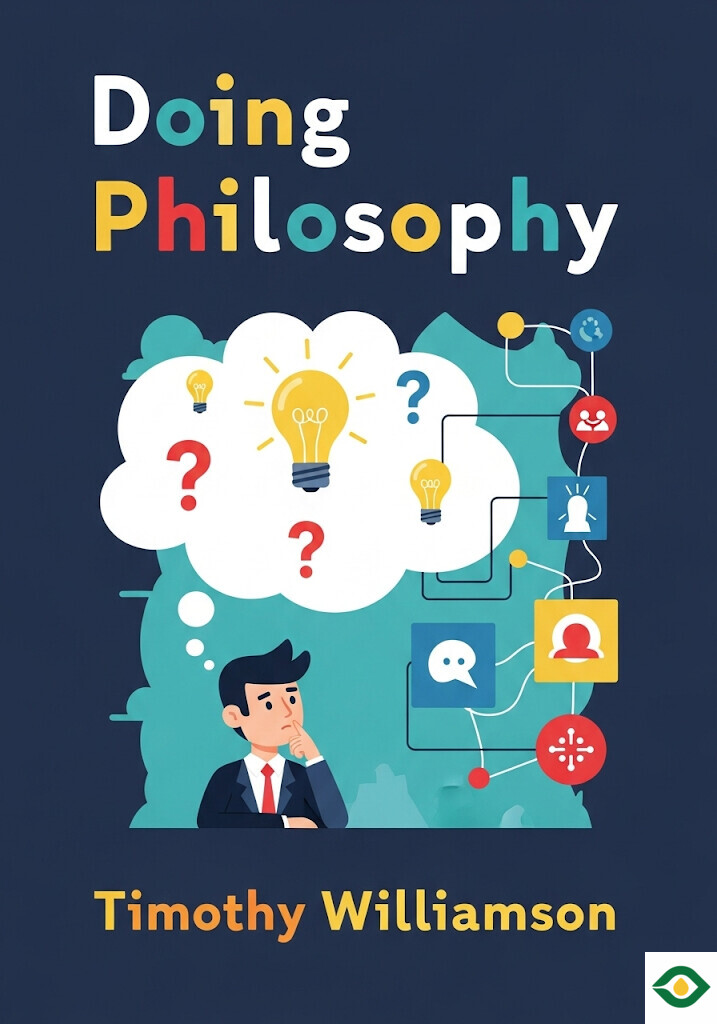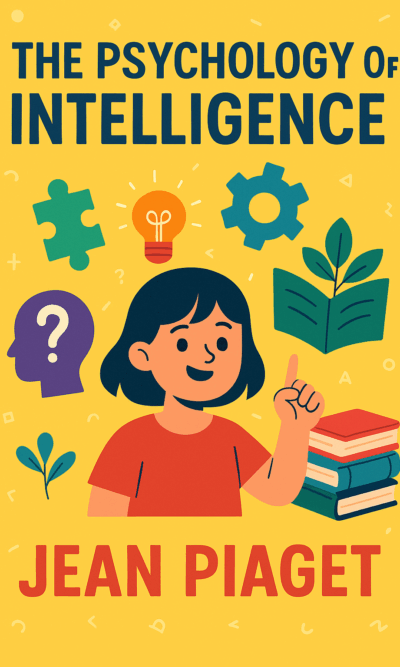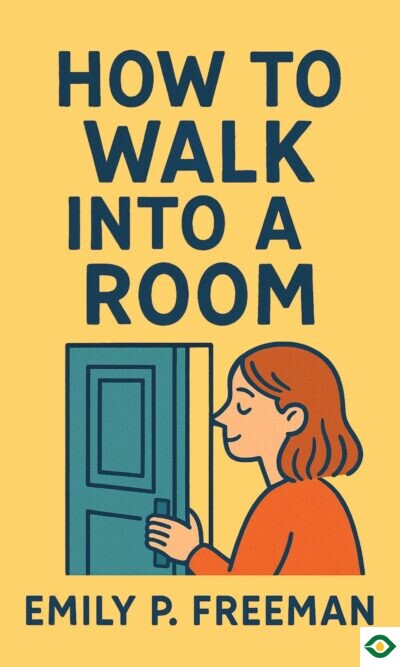Description
Philosophy is often seen as a mysterious subject, something far away from ordinary life. Many people think of it as complicated words and impossible questions that have no clear answers. But philosophy, at its heart, is simply about asking deep questions and thinking carefully about them. It is about examining our ideas, our beliefs, and even the way we use language. It is not about having final answers but about learning to think with clarity and honesty.
For centuries, people thought philosophy and science were the same thing. In fact, many of the earliest scientists were called “natural philosophers.” They studied nature, the stars, the human body, and everything in between. But in the sixteenth and seventeenth centuries, science developed into its own field with its own methods. Experimentation, observation, and measurement became the tools of science, while philosophy took a different path. Science looks at the natural world. Philosophy looks at concepts, logic, and meaning.
That does not mean philosophy is useless. In fact, it is essential. Scientists can tell us how the planets move or how the human brain works. But when we ask questions like, “Why is there something rather than nothing?” or “Does the number seven exist?” science has no method to answer. These are philosophical questions. They may sound abstract, but they shape how we think about reality, truth, and existence itself.
One of the most important roles of philosophy is to clarify language. Many arguments in everyday life happen because people mean different things by the same word. Take “free will” as an example. Does it mean the ability to choose based on our motivations? Or does it mean a completely spontaneous act caused by nothing else? Depending on the meaning, the answer to “Do humans have free will?” changes completely. Philosophy teaches us to stop and ask, “What do you mean by that?”
This careful attention to words also applies to concepts like “woman,” “justice,” or “truth.” These words carry multiple meanings and can never be captured by one single definition. Philosophy shows us that reality is richer than narrow labels. It helps us avoid shallow thinking and encourages us to respect complexity.
Philosophy also uses thought experiments. These are imaginary stories that help us test ideas. Plato once described the “ring of Gyges,” a ring that makes its wearer invisible. He asked: if people had such a ring, would they still act morally? The thought experiment pushes us to consider whether morality comes from fear of punishment or from deeper principles. In modern times, philosopher David Chalmers imagined the “philosophical zombie,” a human being identical to us in every way but without consciousness. If such a being could exist, then consciousness cannot simply be explained as brain activity.
At first, these might sound like games of imagination. But imagination is a human tool as powerful as our senses. Before climbing a dangerous cliff, for example, a person imagines possible routes to choose the safest one. Thought experiments work the same way. They allow us to explore problems safely and clearly without needing a real-world test.
Another feature of philosophy is debate. Philosophers present arguments, and then others attack or defend them. This may sound hostile, but it is how ideas grow stronger. By testing arguments against opposing views, weak points are revealed and improvements are made. In the Middle Ages, philosophers even turned debate into a structured game, with strict rules like a chess match. The goal was not simply to win but to reach the truth through fair rules of logic.
Philosophy also embraces doubt. Socrates, the ancient Greek thinker, once said, “All I know is that I know nothing.” Descartes, centuries later, doubted even the existence of the world around him until he reached the famous conclusion, “I think, therefore I am.” Doubt is not about being negative; it is about refusing to accept easy answers. When we doubt, we search harder for evidence. We become more careful and more honest with ourselves.
Some people argue that philosophy does not progress, that thinkers today are still discussing the same questions as those thousands of years ago. But that is not true. In the twentieth century, philosophy created modern logic, which became the foundation for computer programming. Alan Turing, a philosopher and mathematician, imagined a “universal computing machine.” His thought experiment eventually became the basis for real computers, which changed the world. Philosophy does not always produce direct inventions, but its ideas often lay the groundwork for science and technology.
In fact, philosophy and science are closer than people think. Science may rely on experiments, but experiments only give data. The data must be interpreted, and interpretations must be supported by logical arguments. That is where philosophy comes in. Logic, reasoning, and argument are shared tools. Scientists even use thought experiments, just like philosophers. Galileo imagined dropping two objects tied together from a tower to disprove the old belief that heavier things fall faster. His thought experiment helped change the course of physics forever.
Still, philosophy faces challenges. One problem is its focus on history. Unlike science students, who rarely read original writings from hundreds of years ago, philosophy students often begin with Plato or Aristotle. While this is valuable, it sometimes keeps philosophy tied too closely to the past. Many professors specialize in interpreting old thinkers instead of building new ideas. If philosophy becomes only a museum of past arguments, it risks being seen as irrelevant. For philosophy to stay alive, it must engage with modern problems and interact with other fields.
And that is exactly what is happening today. Philosophy is not locked inside philosophy departments. It is present in economics when scholars question what it means to be rational. It appears in physics when scientists wonder whether ordinary logic applies at the quantum level. It shapes biology when evolutionary theory changes how we think about human nature. Philosophy is everywhere, even if we don’t always call it by that name.
At its core, philosophy is the science of clear thinking. It studies concepts, arguments, and the hidden assumptions behind our beliefs. Science studies the natural world; philosophy studies the way we understand the world. They are not enemies. In fact, every science depends on philosophy to guide its reasoning. Without logic, definitions, and clarity, science itself would fall apart.
Philosophy is not about memorizing answers. It is about practicing how to think. When we learn philosophy, we sharpen our ability to question, to argue, and to see through confusion. In daily life, this makes us more persuasive, more open-minded, and more resilient when facing uncertainty. Instead of fearing doubt, we can use it to grow. Instead of clinging to rigid definitions, we can embrace complexity. Instead of accepting easy answers, we can demand stronger reasons.
The lesson is simple: philosophy is not just for professors or bookshelves. It belongs to everyone. Every time we ask “Why?”, every time we test our beliefs, every time we search for deeper meaning, we are doing philosophy. And in doing so, we make ourselves clearer thinkers and wiser human beings.





